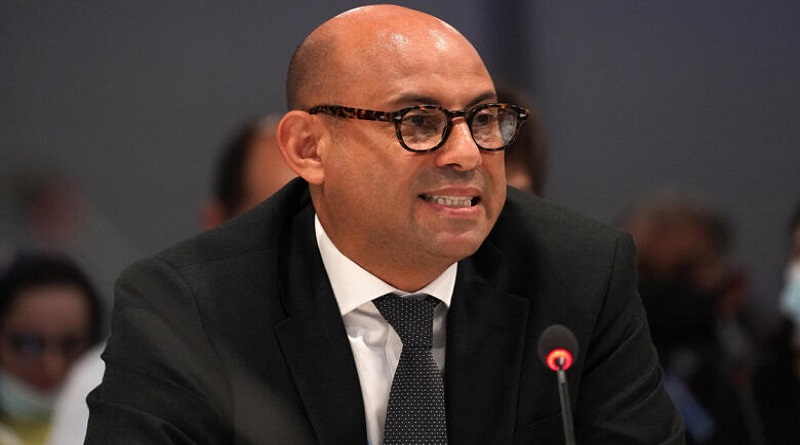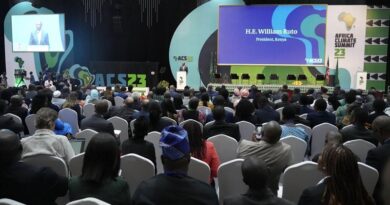Network, Fund collaborate to provide support for vulnerable people, communities
The Santiago Network and the Fund for responding to Loss and Damage (FRLD) signed a letter of intent last month on how to provide support to vulnerable populations and communities facing climate-related losses.
“With climate impacts intensifying, this partnership represents a crucial step towards bridging gaps in global climate finance and technical support, ensuring that vulnerable communities receive the assistance they need to rebuild and adapt,” said Simon Stiell, Executive Secretary of UN Climate Change.
The letter, signed during a FRLD secretariat meeting at UN Climate Change headquarters, signals a commitment to operationalize guidance from COP28 to assist developing countries that are particularly vulnerable to the adverse effects of climate change, including more frequent and intense storms, droughts and wildfires.
“The signing of this letter of intent is a testament to the shared commitment of the Santiago network and the Fund for responding to Loss and Damage to empower vulnerable people on the frontlines of the climate crisis by ensuring they have access to the technical assistance, knowledge and finance needed for an effective, long-lasting response to climate-induced loss and damage,” said Carolina Fuentes Castellanos, Director of the Santiago Network secretariat.
The FRLD’s role is to provide essential financial support, bridging the gap in global climate finance and facilitating recovery from escalating loss and damage, while the Santiago Network, the technical arm of the Mechanism, enables technical assistance to developing countries.
“Our partnership with the Santiago Network is a critical step in building the FRLD’s capacity to support vulnerable communities,” said Ibrahima Cheikh Diong, Executive Director of the FRLD. “By leveraging the network’s technical capacity and expertise, we can create a more coherent and efficient system for delivering assistance, maximizing the impact of our resources and building long-term resilience in vulnerable communities.”
The partnership complements efforts under the Warsaw International Mechanism for Loss and Damage, as part of the UNFCCC process, to drive forward scalable solutions – such as insurance and social protection instruments, and strategic relocation – that help developing countries address loss and damage, providing a robust model for delivering comprehensive, context-specific support.
Recent publications under the Warsaw International Mechanism for Loss and Damage highlight ongoing efforts, including:
A step-by-step guide to integrate human mobility-related challenges and opportunities into national climate plans, particularly National Adaptation Plans (NAPs).
A technical guide outlining protective measures, accommodative strategies, and managed retreat solutions for responding to loss and damage associated with sea level rise.
A knowledge product synthesizing lessons learned from non-economic losses related to ecosystems, territory, habitability and cultural heritage.
The new collaboration will focus on streamlining access to support, improving knowledge exchange, and enhancing coordination in delivering solutions tailored to the needs of affected communities.



